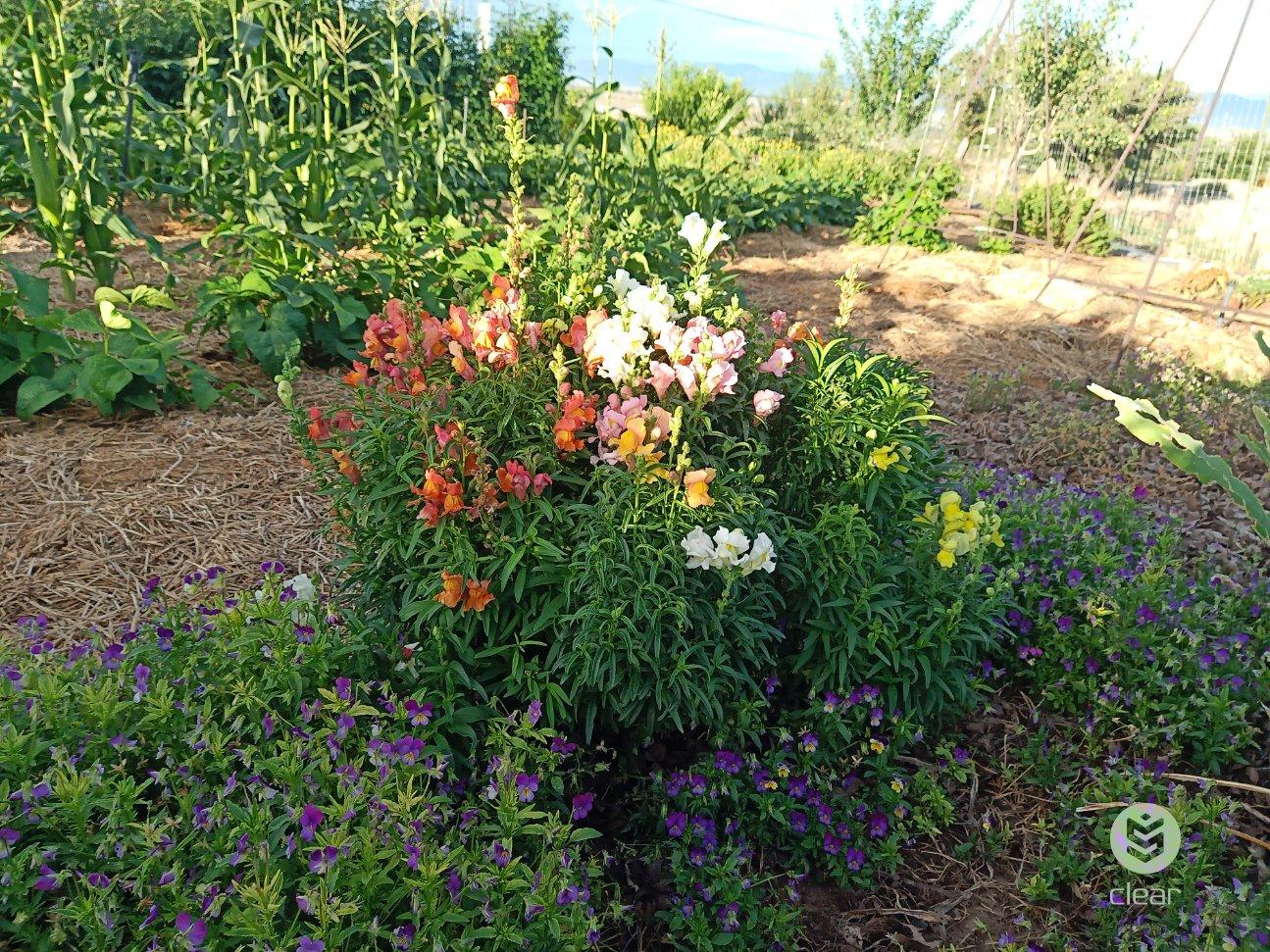
Hope and Practice: Jane Frandsen
Jane Frandsen, Exchange lister, recounts why and how she began saving seeds: ‘Seeds Are Amazing Things.’
Read More
Jane Frandsen, Exchange lister, recounts why and how she began saving seeds: ‘Seeds Are Amazing Things.’
Read More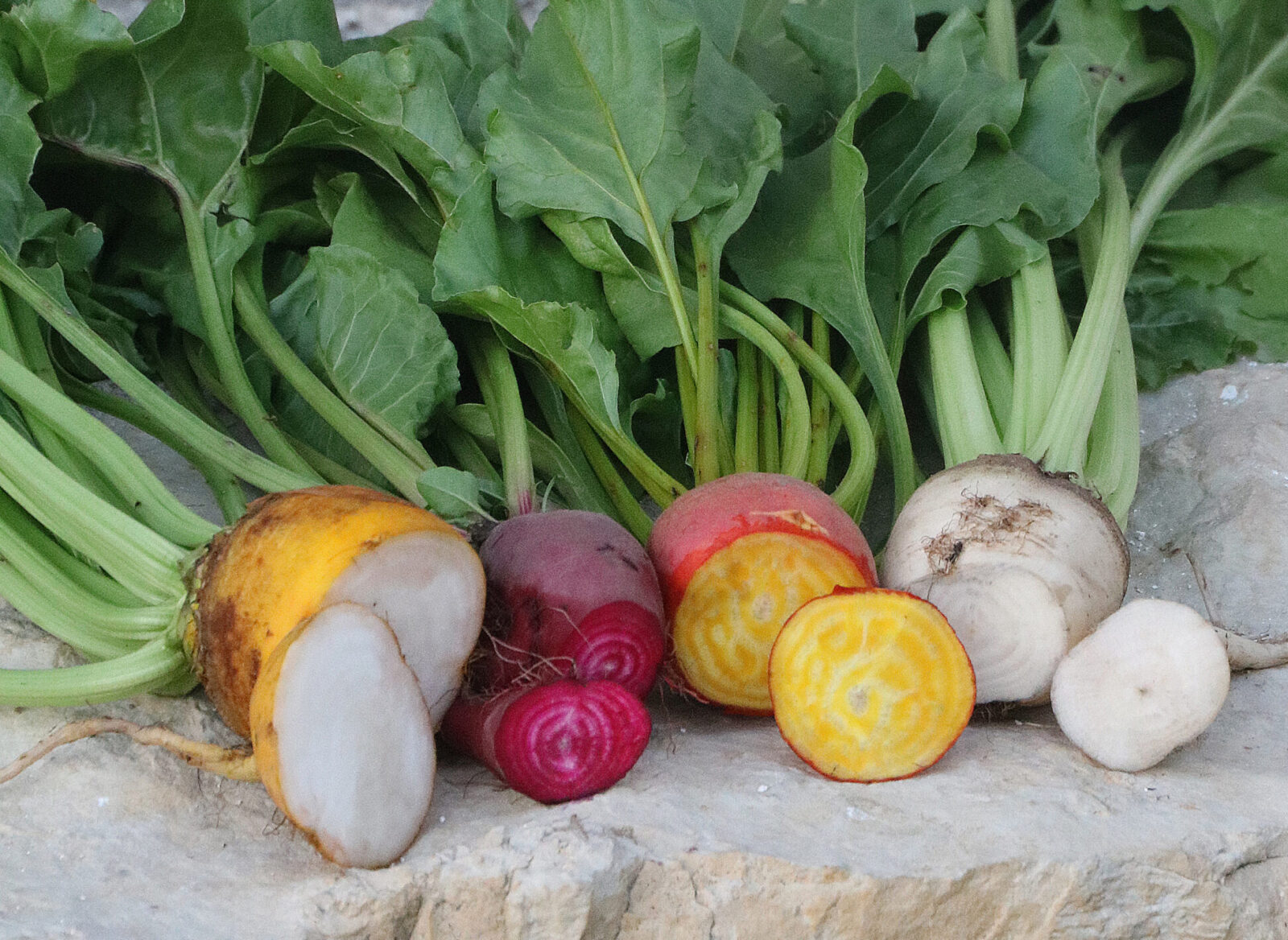
Did you know you can still plant in your garden in June? Odds are good you’ve already transplanted your tomatoes and peppers and harvested lettuce or other greens to serve up fresh for dinner. Yes, your garden has sprung to life, but if you’re interested in more than just weeding and watering, plenty of crops are still ripe for planting in many regions of the United States.
Read More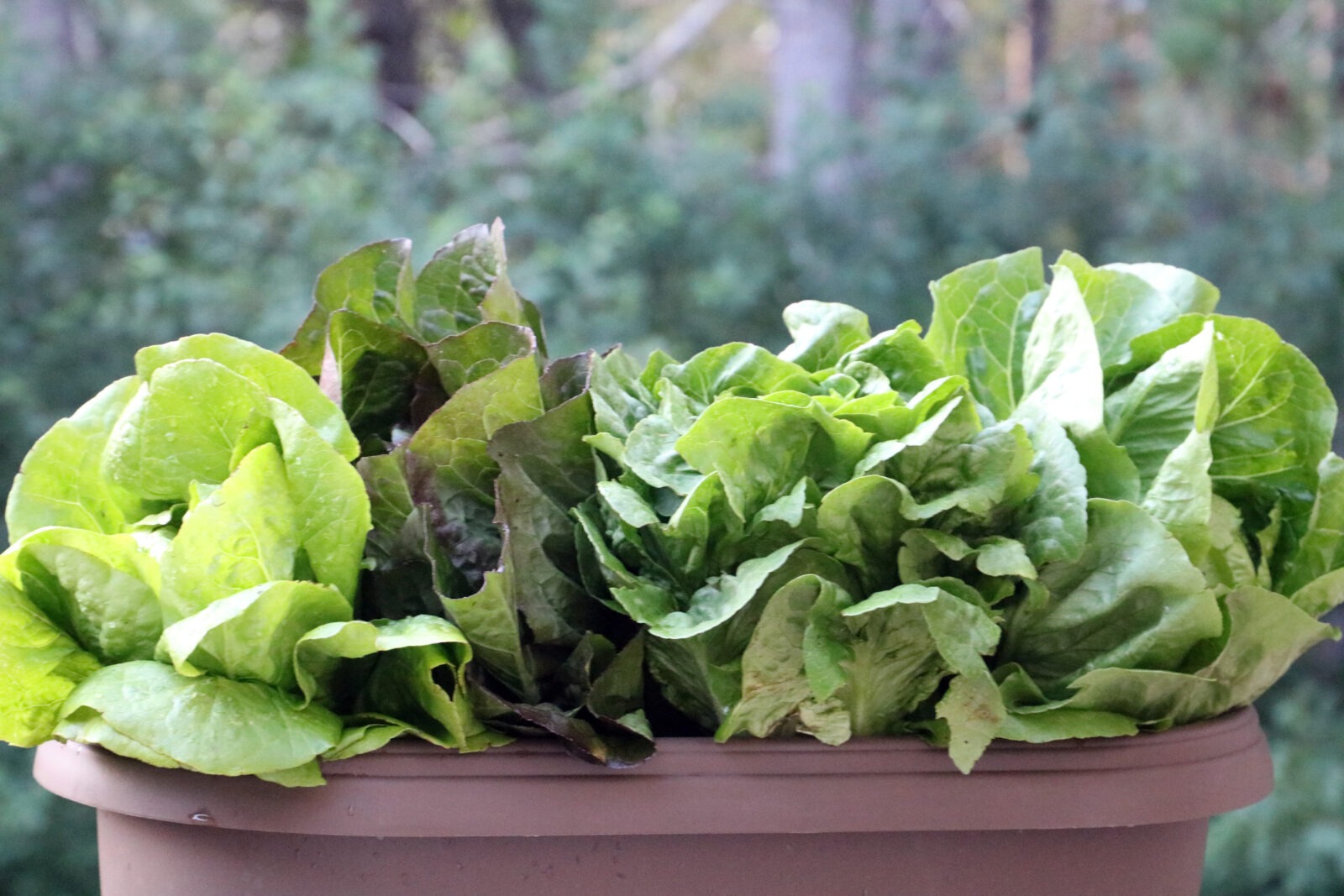
What can you plant in a container? The better question might be, what can’t you? Vegetables, flowers, herbs—almost any plant can thrive in a container as long as it has the proper soil and care. When land space is unavailable, container gardening provides a viable alternative for you to grow your own food and a beautiful garden.
Read More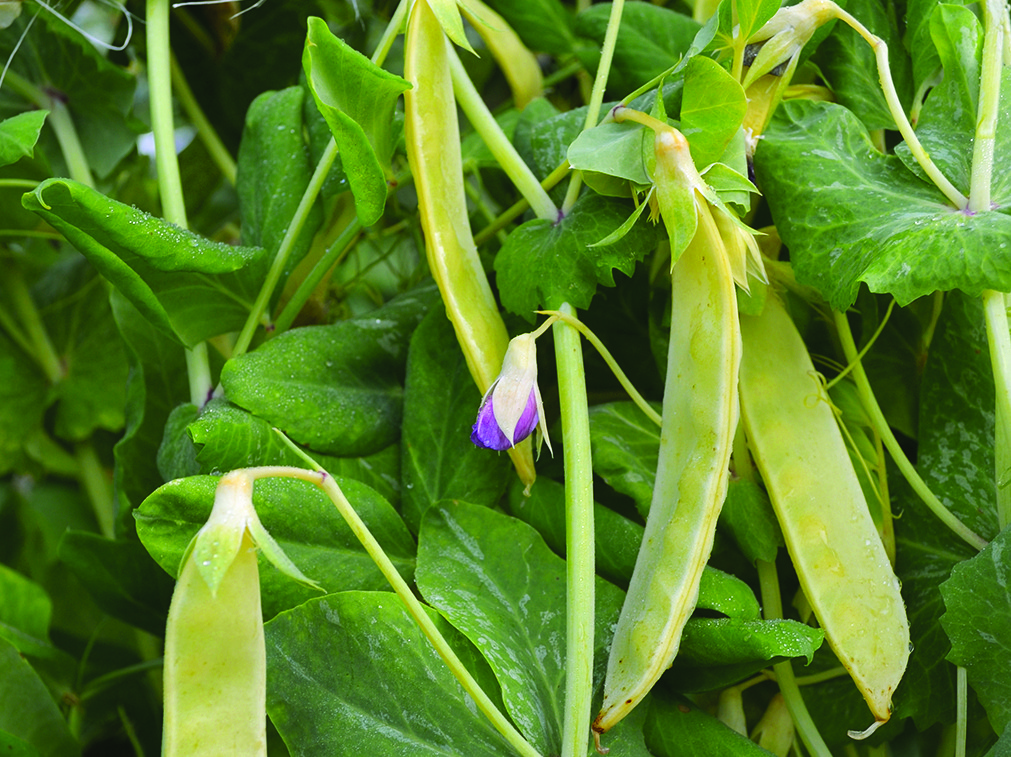
Robert Lobitz—one of the most active members of Seed Savers Exchange—had many listings in the Yearbook from 1984 up to 2006, when he passed away.
Read More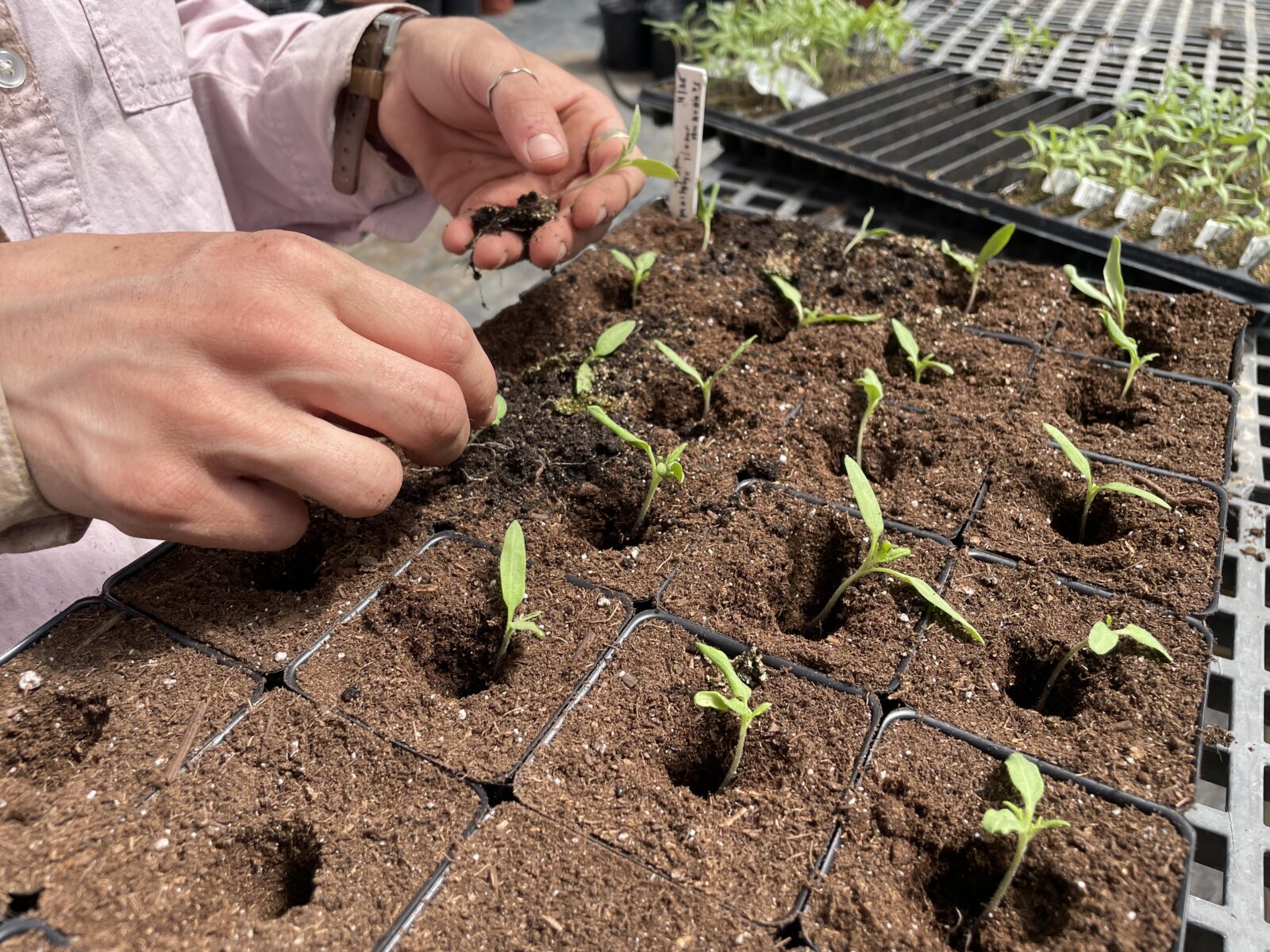
There’s something deeply rewarding about nurturing a tiny seed into a thriving plant. But when a plant outgrows its container, potting up can seem daunting. Fortunately, with care and a couple of considerations, potting up is easy and will help to keep your plants happy!
Read More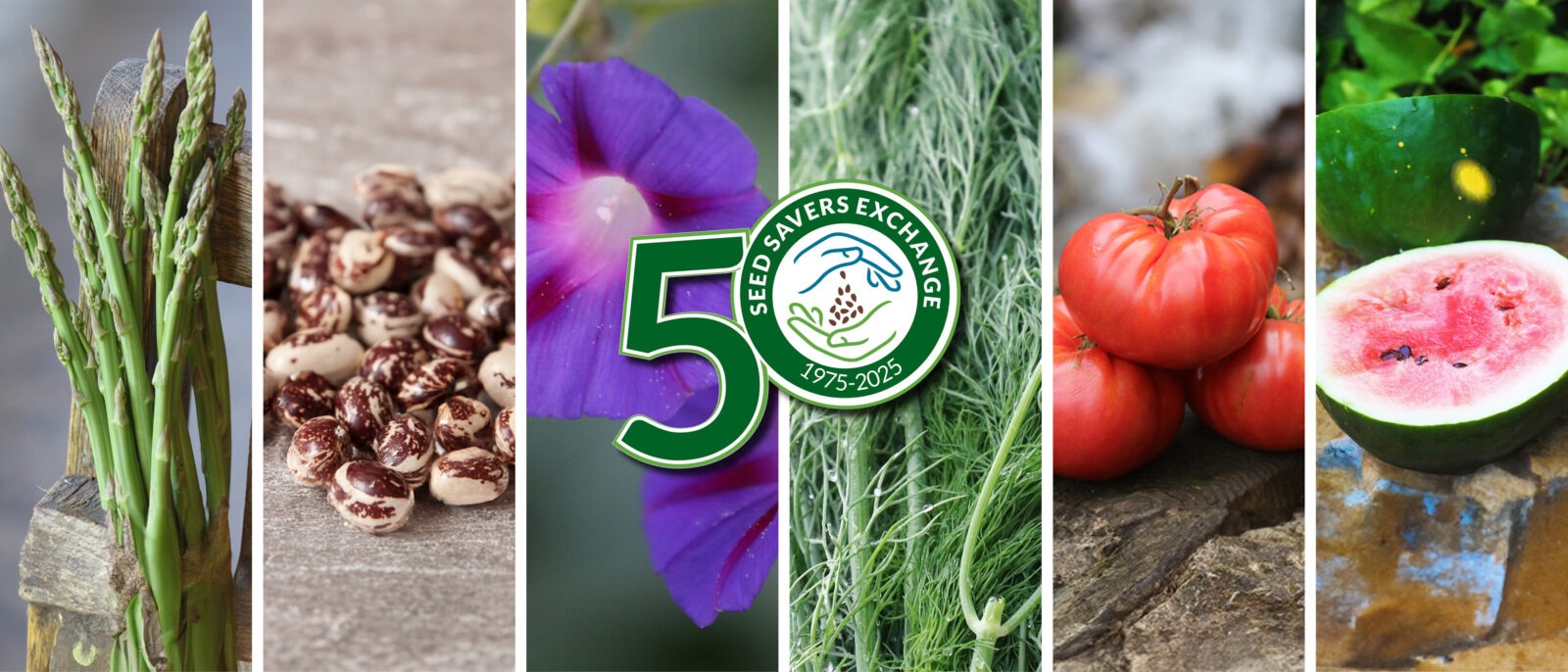
Great seeds, great seed stories. Seed Savers Exchange has stewarded both since its founding in 1975. To mark our 50th year, we’ve released a limited-edition heirloom seed collection featuring six of our most-cherished varieties.
Read More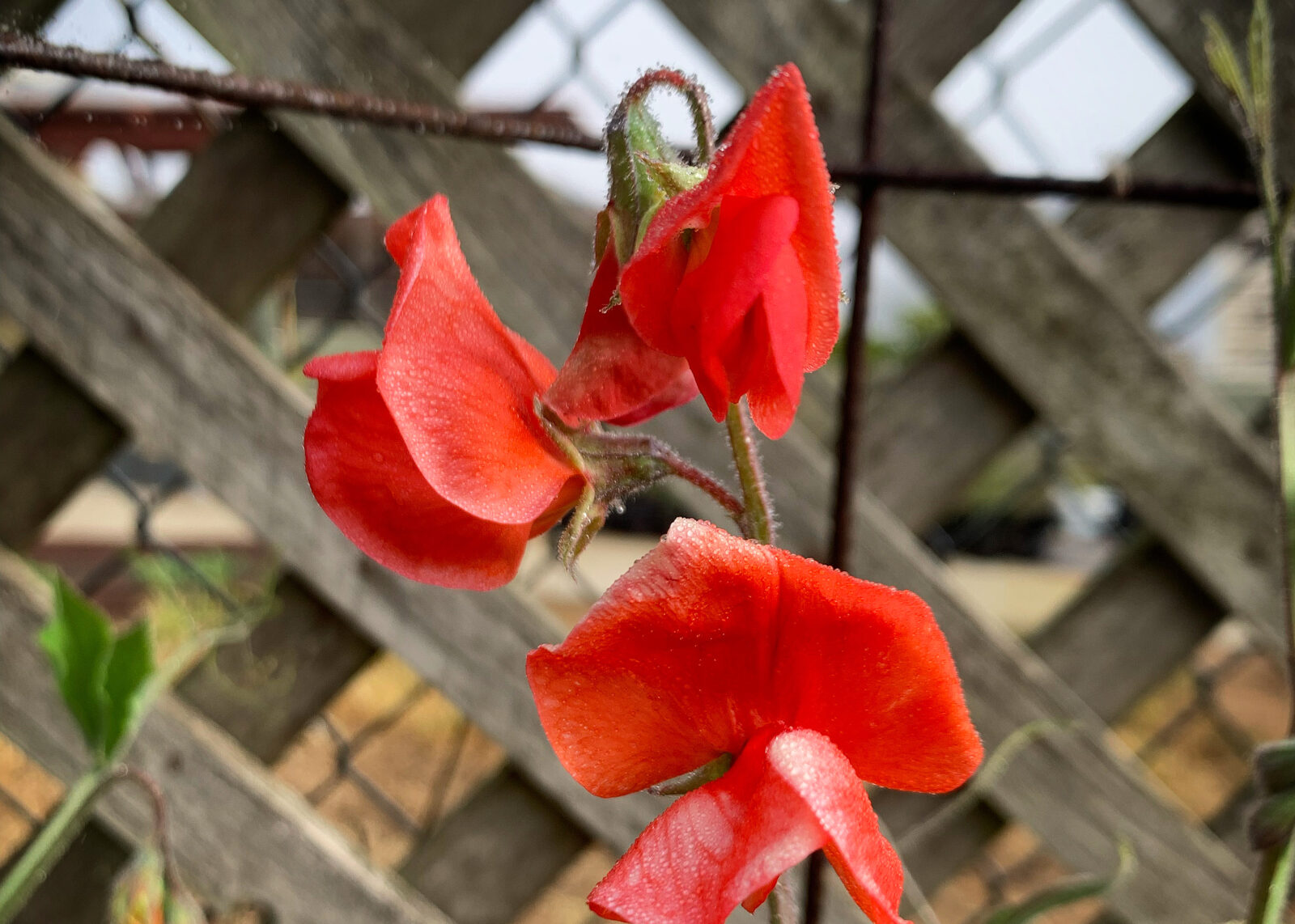
In the first third of the 20th century, the agricultural valleys of California were full of sweet peas grown for seed.
Read More
In the heat of the summer, few things are as refreshing as fresh watermelon! However, while the flesh of the watermelon is enjoyed, the rinds are usually discarded. Next time you eat a watermelon, don’t throw out the rinds! You can actually soften and pickle watermelon rinds for a sweet and sour treat.
Read More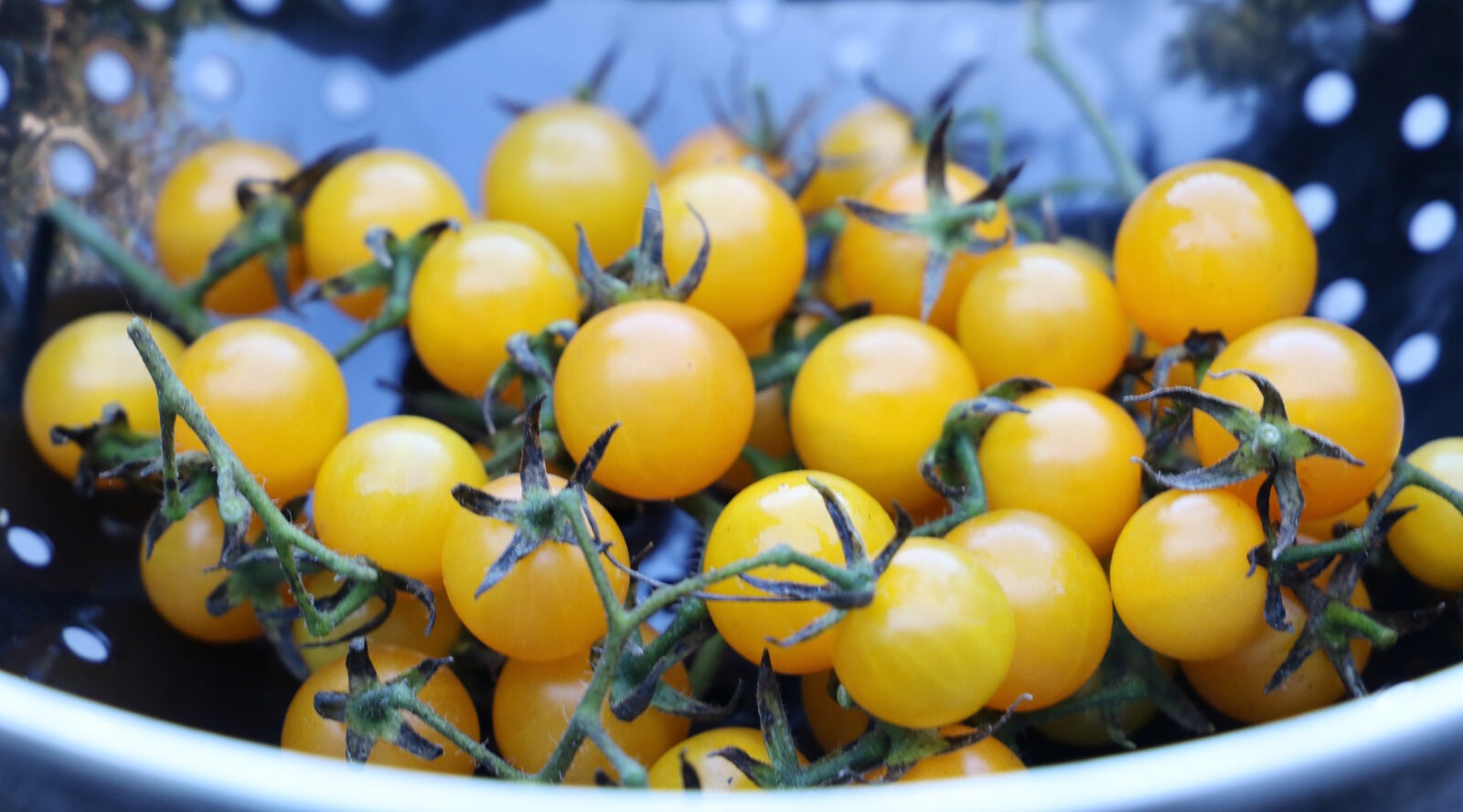
The term “heirloom seeds” has increased in popularity in recent years, but what exactly does it mean? “Heirloom” describes a seed’s heritage, specifically a documented heritage being passed down from generation to generation within a family or community.
Read More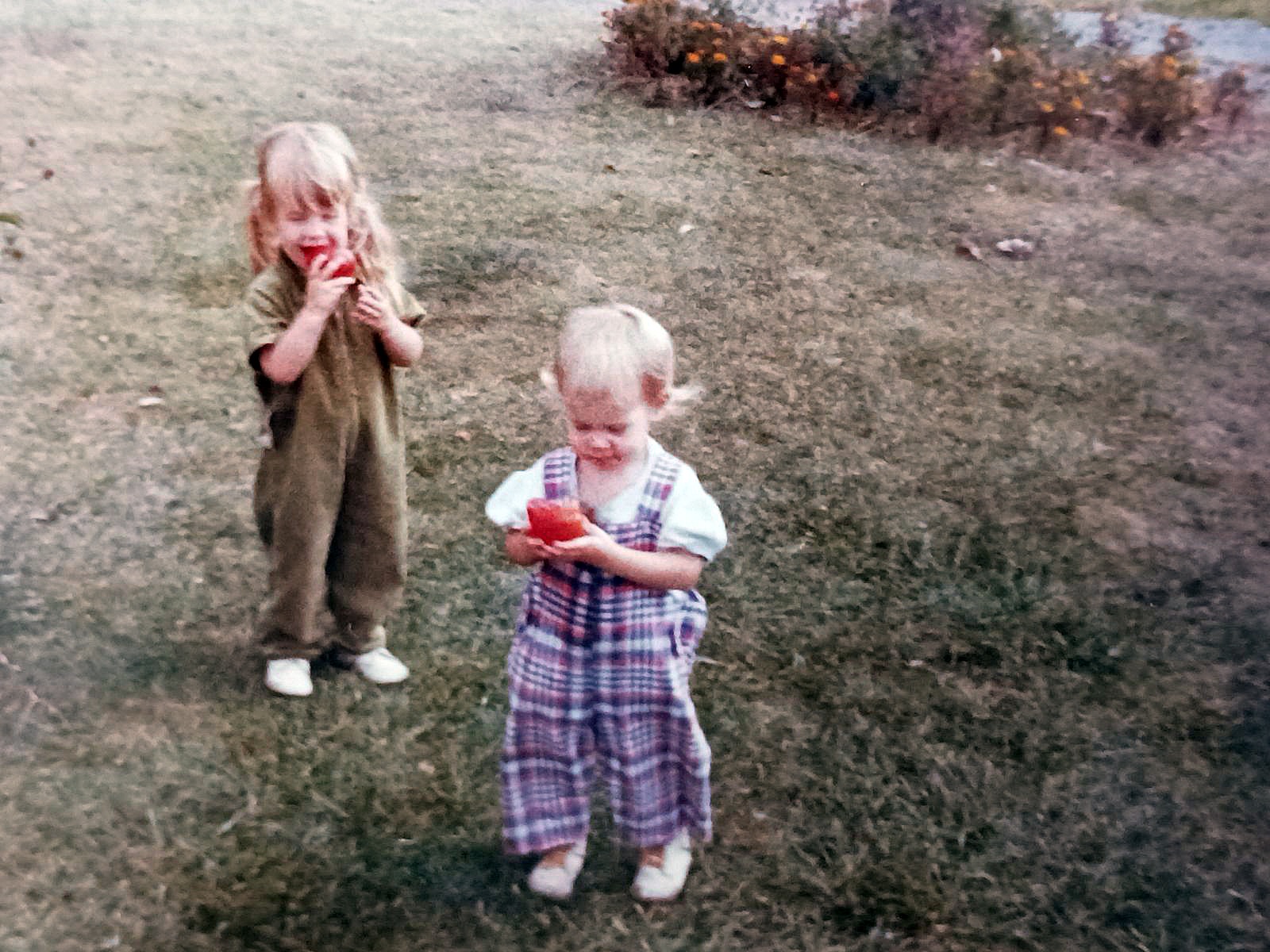
My path to seed saving started around the age of four. I knew that those red things (tomatoes) my mom had picked were bad news.
Read More